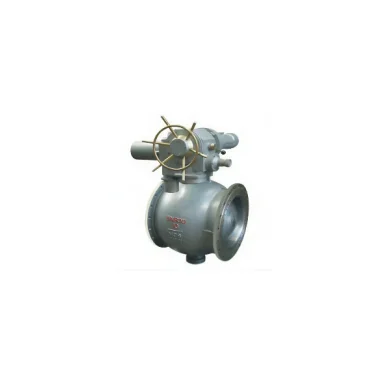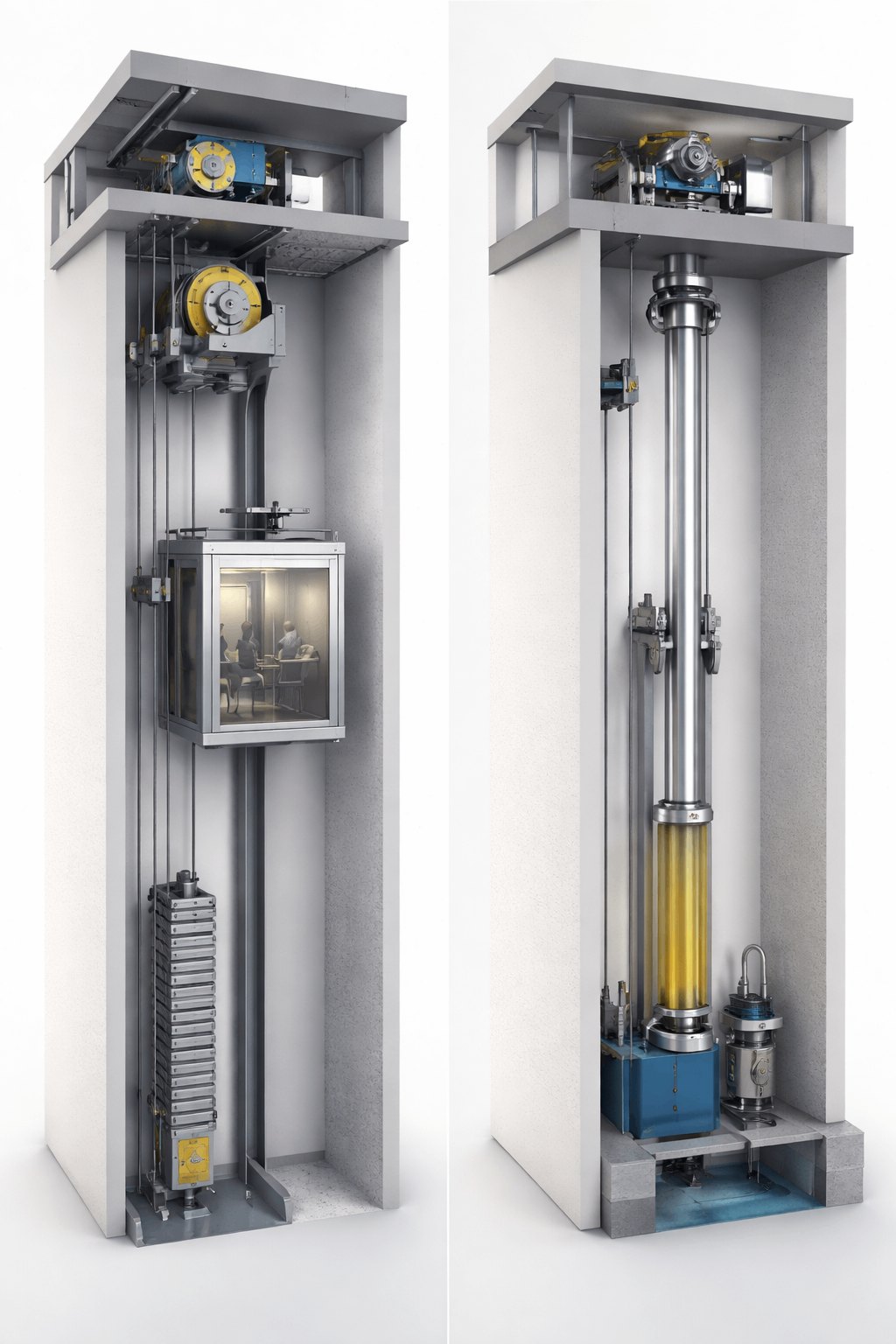The Ultimate Guide to Choosing the Right Leaf Blower: Key Factors to Consider
As the seasons change and leaves begin to fall, many homeowners find themselves in need of an efficient leaf blower. However, with a plethora of options available on the market, selecting the right leaf blower can be a daunting task. This article delves into the essential factors to consider when purchasing a leaf blower, ensuring you make an informed decision that meets your specific needs.
- Types of Leaf Blowers: Understanding Your Options
Before diving into the specifics, it’s crucial to understand the different types of leaf blowers available:
- Gas-Powered Leaf Blowers: Known for their power and mobility, gas-powered blowers are ideal for large yards or commercial use. They typically offer higher airspeed and volume, making them effective for heavy-duty tasks. However, they require regular maintenance and can be noisy.
- Electric Leaf Blowers: These come in corded and cordless varieties. Corded models provide continuous power but limit mobility due to the need for an outlet. Cordless models offer greater flexibility and ease of use but may have limited battery life. Electric blowers are generally quieter and require less maintenance than gas models.
- Backpack Leaf Blowers: Designed for comfort and efficiency, backpack blowers distribute weight evenly across the back, making them suitable for prolonged use. They are often gas-powered and are favored by professionals for their power and ease of use.
- Power and Performance: The Heart of the Leaf Blower
When evaluating a leaf blower, power is a critical factor. The performance of a leaf blower is typically measured in terms of airspeed (measured in miles per hour, or mph) and air volume (measured in cubic feet per minute, or CFM).
- Airspeed: Higher airspeed is essential for moving wet leaves or debris. For residential use, a blower with an airspeed of 150-200 mph is usually sufficient. For commercial or heavy-duty tasks, look for models that exceed 200 mph.
- Air Volume: CFM indicates the amount of air the blower can move. A higher CFM is beneficial for clearing large areas quickly. For residential use, a blower with a CFM of 400-600 is typically adequate, while commercial users may require blowers with CFM ratings above 600.
- Weight and Ergonomics: Comfort Matters
The weight of the leaf blower is another important consideration, especially if you plan to use it for extended periods. Lightweight models are easier to maneuver and reduce fatigue.
- Ergonomic Design: Look for features such as padded handles, adjustable straps (for backpack models), and well-balanced designs. These elements contribute to comfort and ease of use, allowing you to work efficiently without straining your body.
- Noise Levels: Keeping the Peace
Noise pollution is a growing concern, particularly in residential areas. Gas-powered leaf blowers tend to be louder than their electric counterparts.
- Decibel Ratings: When selecting a leaf blower, check the decibel (dB) rating. Models that operate below 65 dB are generally considered quieter and more neighborhood-friendly. Some municipalities have regulations regarding noise levels, so it’s wise to be aware of local laws.
- Maintenance and Durability: Long-Term Considerations
The longevity of your leaf blower is influenced by its construction and maintenance requirements.
- Material Quality: Look for blowers made from durable materials that can withstand wear and tear. Plastic components may be lighter but can also be less durable than metal parts.
- Maintenance Needs: Gas-powered blowers require more maintenance, including oil changes and spark plug replacements. Electric models typically need less upkeep. Consider your willingness to perform maintenance when choosing a model.
- Budget: Finding the Right Balance
Leaf blowers come in a wide range of prices, from budget-friendly options to high-end models.
- Cost vs. Features: While it may be tempting to opt for the cheapest option, consider the features that are most important to you. Investing in a quality blower can save you time and effort in the long run.
- Warranty and Support: Check the warranty offered by the manufacturer. A longer warranty can provide peace of mind and indicate the manufacturer’s confidence in their product.
Conclusion: Making an Informed Decision
When buying a leaf blower, it’s essential to consider the type, power, weight, noise levels, maintenance, and budget. By evaluating these factors, you can select a leaf blower that not only meets your immediate needs but also serves you well for years to come. Whether you’re a homeowner looking to maintain your yard or a professional landscaper seeking reliable equipment, understanding what is important when buying a leaf blower will empower you to make the best choice for your specific situation.


